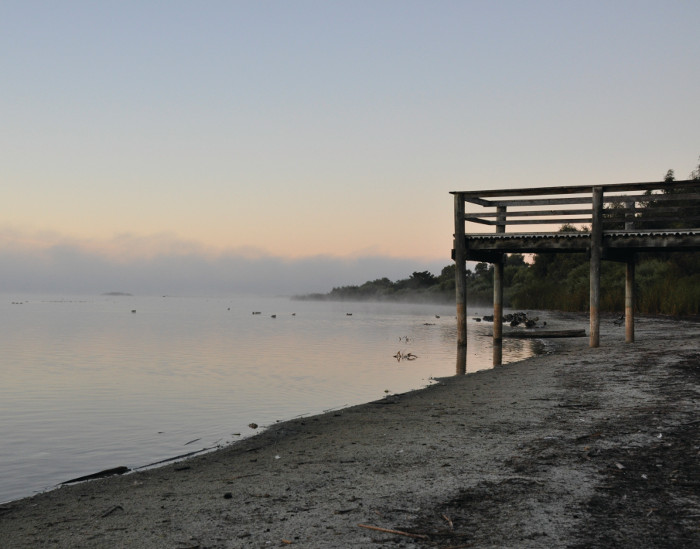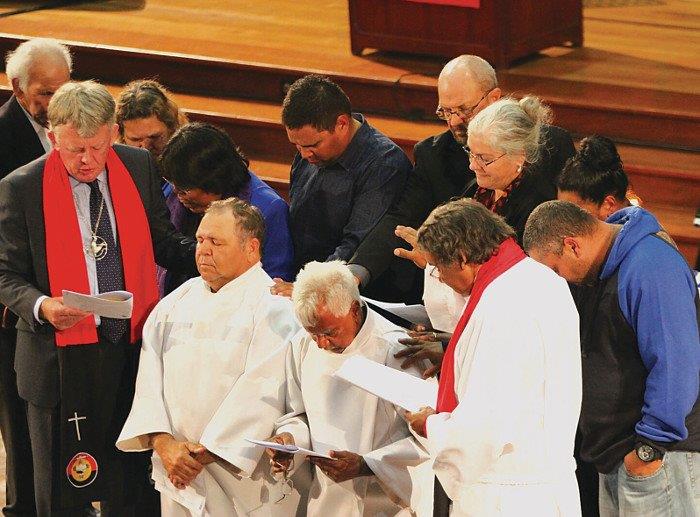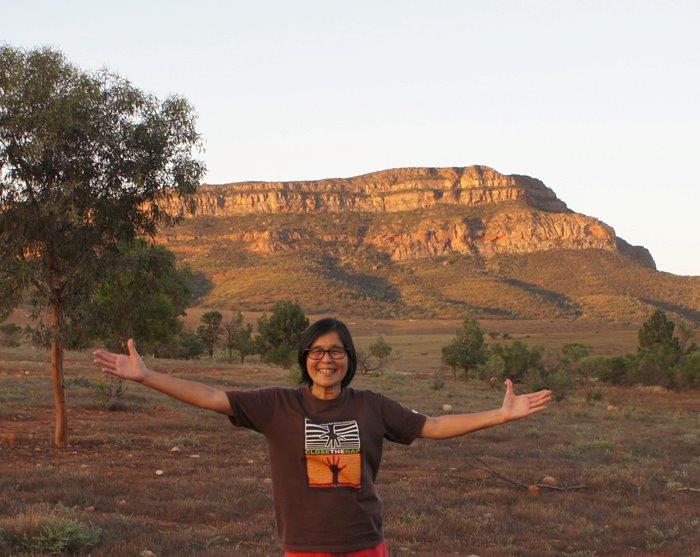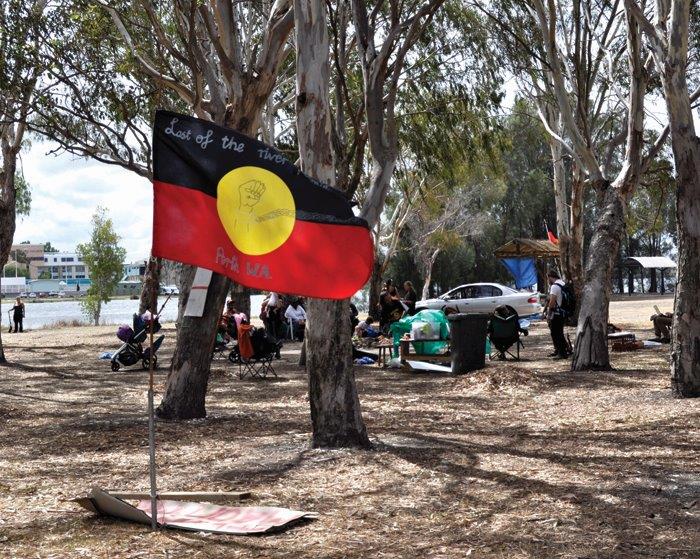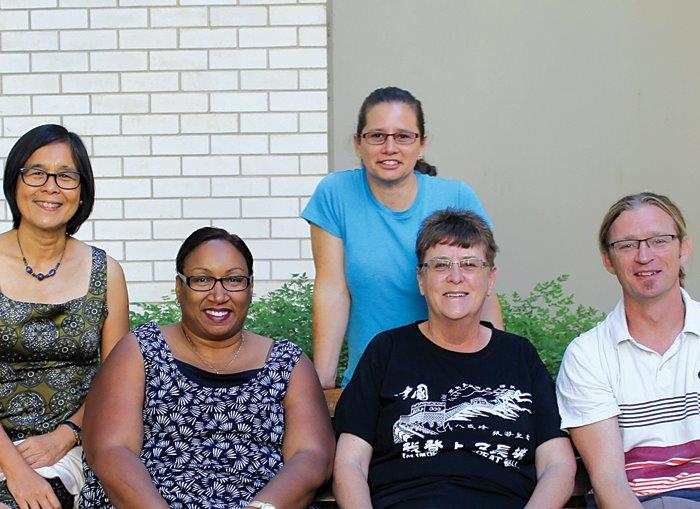The Roe 8 highway extension has been a controversial issue amongst the local community in Cockburn and surrounding areas for a number of years. The State Government of Western Australia has proposed to extend Roe highway from Kwinana Freeway through the Beeliar Wetlands including around Bibra Lake, in an aim to ease transport for trucks heading to the Fremantle port.
The community, including the City of Cockburn, has shown massive support for the ‘Rethink the Link’ campaign, which opposes the State Government’s proposal and offers an alternative. Supporters of the campaign have recently had success, as plans for construction have been stalled due to the Environmental Protection Authority’s assessment of the area being deemed invalid by the Supreme Court. The State Government of WA have recently announced that they will appeal this decision, meaning the fight is not over yet.
Rev Sealin Garlett, minister at Coolbellup Uniting Church, is well established and respected in the City of Cockburn, and is also a member of the city’s Aboriginal Reference Group. Much of the community campaign against the highway extension has been out of concern for the local ecosystem, which will be hugely impacted under the proposal. Sealin also adds to this conversation that the area is culturally significant for Nyungar people.
